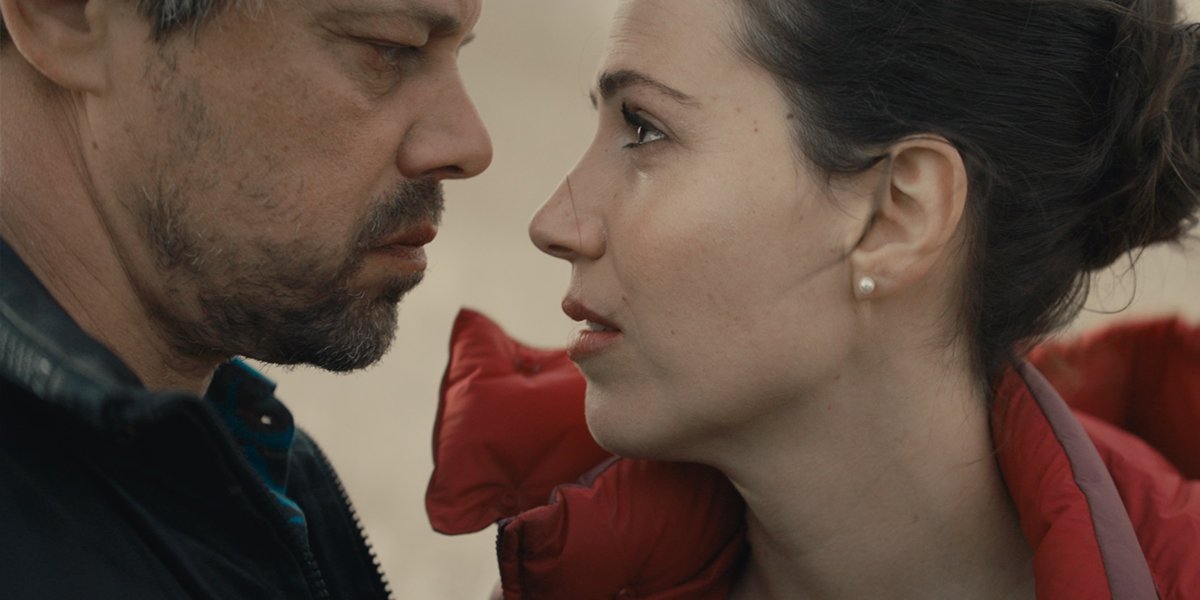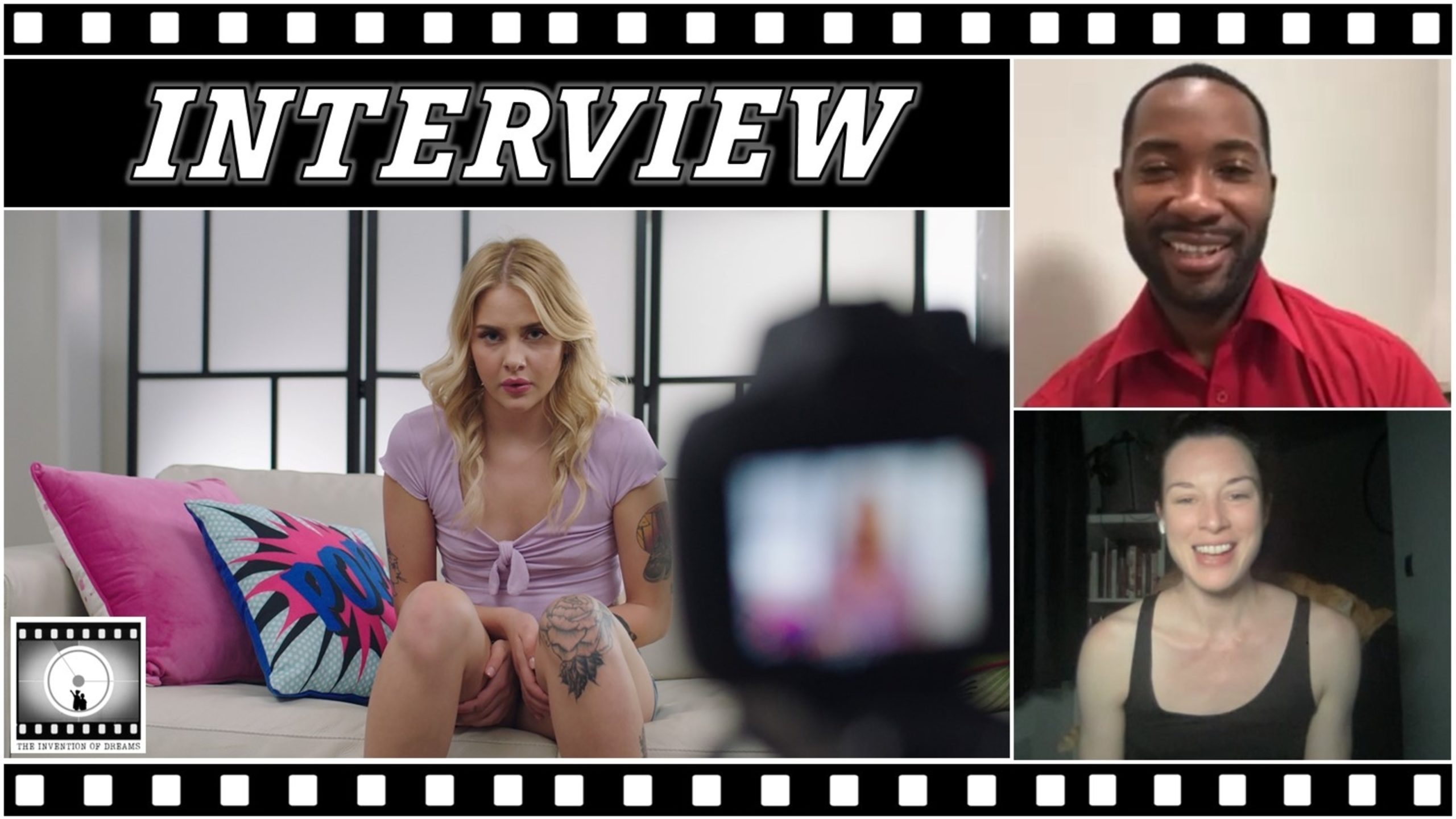
Rahim Soltani (Amir Jadidi, Zero Day) is in a debtors’ prison in Shiraz, Iran, when his girlfriend finds a purse filled with gold coins. When Rahim is freed for a two-day furlough, he and his girlfriend agree to sell the coins to pay off the debt, secure his freedom, and get married. Upon realizing that the coins would be insufficient to pay his debt, he instead embarks on a campaign to return the purse to its rightful owner. When Rahim succeeds, he achieves local fame and is lauded as a hero– for a moment.
Director Asghar Farhadi’s “A Hero” is about the fragility of public opinion and the slipperiness of moral judgment. When the motives of Rahim’s good deed and the truthfulness of his story are called into question, his short-lived heroism tumbles into public criticism and notoriety. In short, he gets “canceled.” Written like a religious parable or Aesop fable, the plotlines sometimes feel contrived in the service of carrying the audience towards an eventual moral punchline. As a testament to Farhadi’s subtlety, a clean moral lesson never comes. Instead, we watch our protagonist scramble in and out of public favor, Farhadi tipping the scales of justice to and fro, until Rahim checks himself back into debtor’s prison at the conclusion of the film.

While Farhadi (A Separation, Everybody Knows) teaches us to treat triumph and disaster as the imposters that they are, “A Hero” resists prescribing a moral judgment of any of its characters. Our protagonist is at once sincere and deceitful, smarmy and earnest. We’re not told how we’re “supposed” to feel about anyone. This sets up Farhadi’s key insight: in a world of moral ambiguity, how can we trust our institutions to make sure everyone gets their just deserts? Who gets to fit people into neat categories of “good” and “bad”, “truth” or “falsehood”, “criminal” or “innocent”? Farhadi critiques justice-administering institutions astutely– portraying the self-important government bureaucrat who denies Rahim a job with a heartless nonchalance, and the vicious social media hivemind that destroys his reputation with a viral video. Farhadi pulls back the veil in front of powerful social forces (government, social media) to reveal that, they too, do not stand on any moral high ground.
Despite the heady subject matter, “A Hero” is filmed with an unpretentious naturalism that borders on documentary. With long, single-shot takes, Farhadi achieves a self-effacing hyper realism. The viewer feels dusty with the Shirazian dirt, and can almost smell the sauce boiling in the family kitchens. Farhadi believes a director should stylistically fade into the background of a film to allow the story to take flight. The result is a refreshing contrast to the cloying, maximalist aesthetic that plagues many American directors.

Instead, we’re invited into authentic family settings. This gives the film a warm, hearthy quality that offsets the tightrope-tension of the plot. Family features heavily in “A Hero”; Rahim’s extended family (the women, in particular) often leap to untangle Rahim’s webs of deception. According to Farhadi, in Iranian families, “there is no such thing as somebody else’s problem.” While American films will often pit the individual against the world, this film forefronts the family as the resilient unit against an unjust society.
Nevertheless, our titular individual hero remains the primary vessel for Farhadi’s artistic project in the film. This is illustrated by the opening scene’s visual metaphor: Rahim is shown in a long single cut walking towards a large construction site in front of our unmoving camera. His body gets smaller and smaller as he walks further away from us, until our hero is reduced to a small pixel on the screen. Deftly, Farhadi shows us that the measure of a hero is just a matter of perspective.

A Hero is available now on Prime Video.















